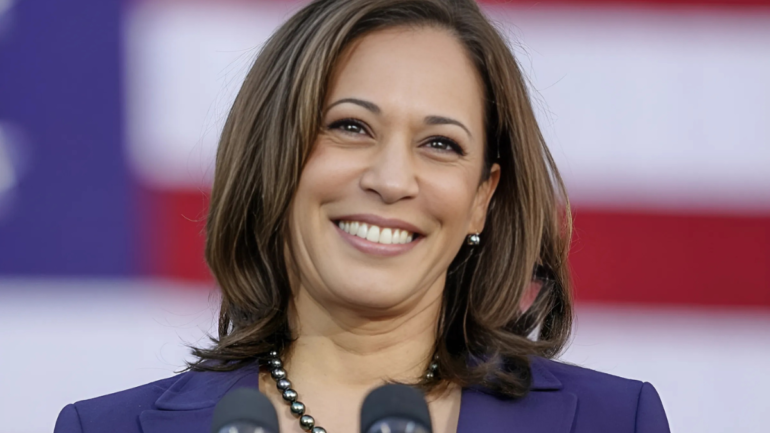Kamala Harris’ path to victory lies in a mix of strategic positioning, outreach, and addressing voter concerns. To secure a win, she must appeal to a broad coalition—balancing progressives, moderates, and key demographics like Black, Latino, and Asian voters, particularly in battleground states.
Battleground States to Watch
States like Georgia, Pennsylvania, Arizona, and Michigan will be crucial. These battlegrounds have been pivotal in past elections and could tip the scales once again. Harris needs to engage deeply in these states with grassroots efforts, local in-person events, and a sharp focus on community-level issues. These states are the swing voters’ playground, and it’s where she’ll need to win hearts and minds to capture victory.
Key Issues to Address
Economic Equality. Harris’ plan for economic equality includes raising the minimum wage, closing the racial wealth gap, and investing in small businesses owned by minorities. However, gaps in this approach include needing more direct plans to secure swing voters, particularly in regions where her positions on energy and industry may alienate traditional working-class voters. She’ll need to refine her messaging here to appeal to those worried about job losses in fossil fuel industries.
Healthcare. Healthcare remains a top concern, and Harris’ approach, which emphasizes expanding access to affordable care and safeguarding reproductive rights, is a winning one for progressives. But to bridge the gap with moderate voters, she’ll need to present a clear plan on how to make healthcare more affordable without leaning too far into a government-run system that may scare off independents.
Climate Action. Climate change is a cornerstone of Harris’ platform, with plans to reduce carbon emissions and create green jobs. Yet, the challenge will be addressing concerns from voters in traditionally industrial regions who fear job displacement. These voters need reassurance that green jobs can replace traditional roles, or she risks losing their crucial support.
Criminal Justice Reform. With a history as a prosecutor, Harris has faced criticism from both ends of the political spectrum regarding criminal justice. Her platform focuses on reforming the system to reduce mass incarceration, eliminate private prisons, and address racial disparities. The challenge will be convincing both progressives who question her past and moderates who may not align with her current reforms. Balancing these two groups will be essential to maintaining voter trust and enthusiasm.
What’s Next for Harris
Kamala Harris has a significant advantage with her diverse background and ability to connect with a wide range of voters. Harris’ next steps are critical. She must focus on reinforcing her connection with communities of color, who have been pivotal in past elections, while making deeper inroads with moderates in swing states like Georgia and Pennsylvania. A robust strategy for countering misinformation, addressing economic anxiety, and pushing clear, voter-centered policies will also be vital.
Conclusion
As the election season heats up, Kamala Harris’ victory will depend on her ability to unite diverse groups and clearly communicate how her policies address the most pressing issues. If she can bridge the gaps in her platform and build a coalition that reflects the political diversity of the country, victory will be within reach.
What do you think Harris needs to do to win the next election? Are there specific battleground states or key issues that you think will be decisive? Let us know your thoughts in the comments!
Follow MEFeater on Twitter, Instagram, Facebook, and Pinterest for more political news and updates.










